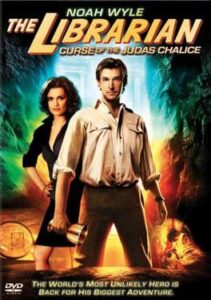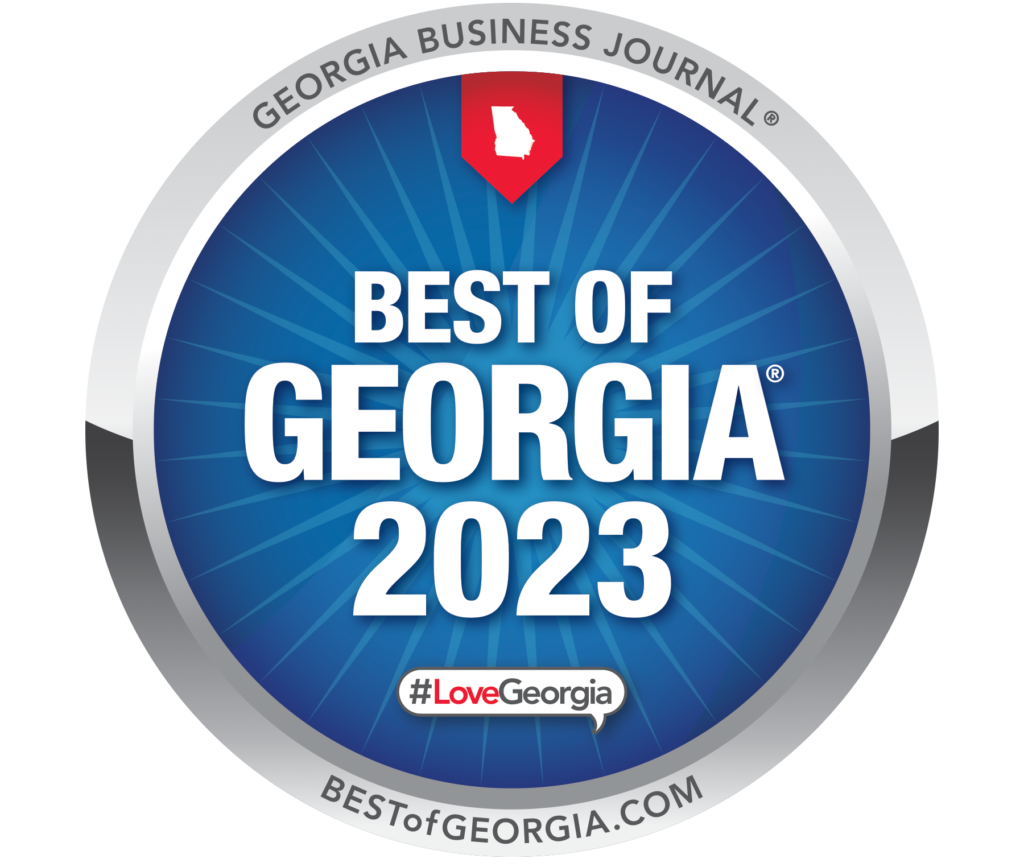There is a movie franchise starring Noah Wyle called The Librarian that romanticizes the role that these information technicians play in day to day lives. In truth, librarians have been called upon in recent years to serve as activists, defending our freedom of expression, and freedom to read for all. Following the nationwide effort by community organizations to ban books from public libraries and schools, organizations such as the American Library Association announced just last month that more than 25 major organizations, including the American Booksellers Association Free Expression Initiative, the American Federation of Teachers, as well as major publishers like Macmillan, Penguin Random House, and Simon & Schuster, have joined the Unite Against Book Bans campaign, in an effort to help such communities defend their freedoms to read. Launched in April, the campaign aims to raise awareness about book banning practices and related legislative efforts to continue to ban books in schools, libraries and communities funded by tax dollars. Raising awareness is a mere call to action – it relies upon actual, hard work and active engagement and participation by community members at school board and library board and city council meetings, to change the tide that has gathered momentum to ban books.
The recent U.S. Book Show last month focused on libraries, with their program, Libraries Are Essential, which looks at the state of libraries as vital institutions in our communities, in our democracy, and for the act of reading in and of itself. Book bans and other legislation that targets the freedom to read is of paramount focus to libraries and librarians and those who depend upon libraries as resources of information, such as students, teachers, and families. Other issues affecting libraries include the highly contested e-book licensing model, which so far has been anything but uniform. Ironically, book bans are driving up sales of books being banned, so perhaps, book bans are not so bad for business after all? Is there really no such thing as bad publicity? Some would argue, that while banning certain books does increase their exposure, it does nothing for similar texts targeting similar issues, making it tougher for discovery to occur. Having therefore a more robust body of law that does not limit access to books or reading in schools for any discrimination-based purpose (no matter how well intended) would be the ideal way forward if we are to embrace American values.




